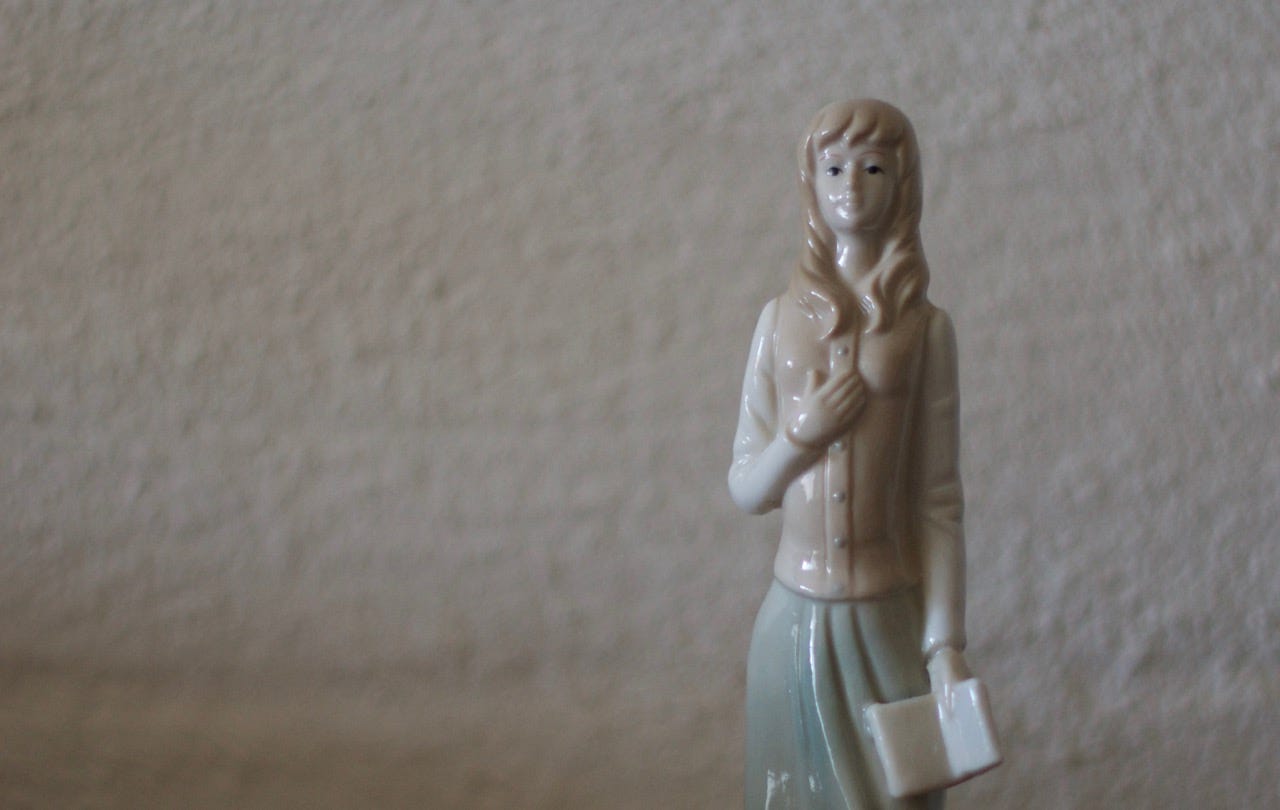One love to rule them all
I finished The Four Loves by CS Lewis the other day. There was a lot I had forgetten in it - some slightly odd parts, but some very good paragraphs also. A few standouts are this one from the end of the chapter on Eros:
Thus Eros, like the other loves, but more strikingly because of his strength, sweetness, terror and high port, reveals his true status. He cannot of himself be what, nevertheless, he must be if he is to remain Eros. He needs help; therefore needs to be ruled. The god dies or becomes a demon unless he obeys God. It would be well if, in such case, he always died. But he may live on, mercilessly chaining together two mutual tormentors, each raw all over with the poison of hate-in-love, each ravenous to receive and implacably refusing to give, jealous, suspicious, resentful, struggling for the upper hand, determined to be free and to allow no freedom, living on 'scenes'. Read Anna Karenina, and do not fancy that such things happen only in Russia ...
I particularly liked the last chapter on Charity. A few excerpts:
Even for their own sakes the loves must submit to be second things if they are to remain the things they want to be. In this yoke lies their true freedom; they 'are taller when they bow'. For when God rules in a human heart, though He may sometimes have to remove certain of its native authorities altogether, He often continues others in their offices and, by subjecting their authority to His, gives it for the first time a firm basis. Emerson has said, 'When half-gods go, the gods arrive'. That is a very doubtful maxim. Better say, 'When God arrives (and only then) the half-gods can remain'. Left to themselves they either vanish or become demons. Only in His name can they with beauty and security 'wield their little tridents'. The rebellious slogan 'All for love' is really love's death warrant (date of execution, for the moment, left blank).
Then there is the great section where he takes on Augustine in his suggestion that we love God only and not those we may lose and writes his famous paragraph on ‘to love at all is to be vulnerable ...’. There is a lot of interesting material around that paragraph, like this sentence (and the part where he discusses Jacob and Esau - you can read the whole book online here): ‘I believe that the most lawless and inordinate loves are less contrary to God’s will than a self-invited and self-protective lovelessness.’ But I especially like the last paragraph of the book:
Perhaps, for many of us, all experience merely defines, so to speak, the shape of that gap where our love of God ought to be. It is not enough. It is something. If we cannot 'practice the presence of God', it is something to practice the absence of God, to become increasingly aware of our unawareness till we feel like men who should stand beside a great cataract and hear no noise, or like a man in a story who looks in a mirror and finds no face there, or a man in a dream who stretches out his hand to visible objects and gets no sensation of touch. To know that one is dreaming is to be no longer perfectly asleep ...


